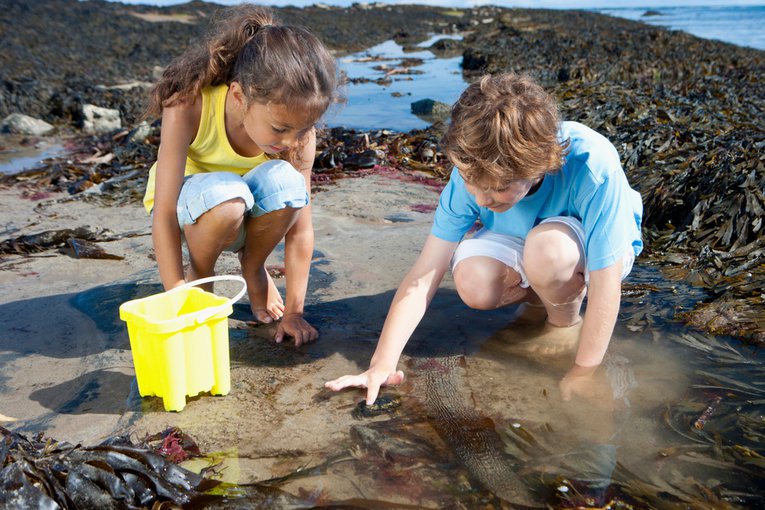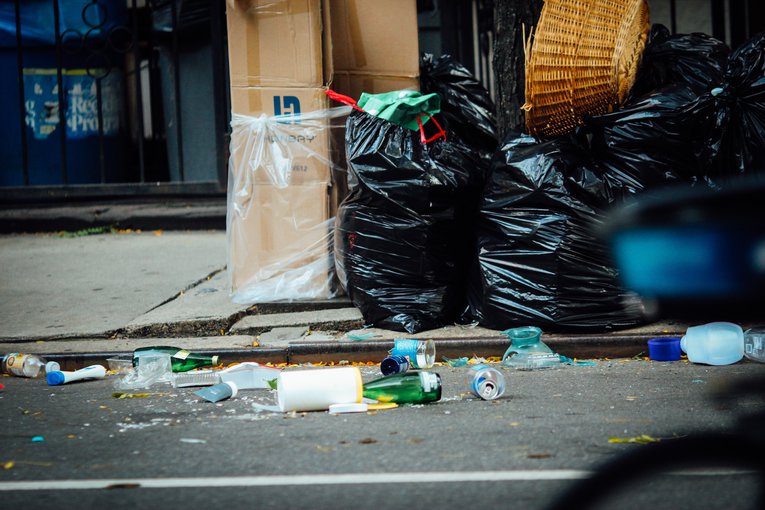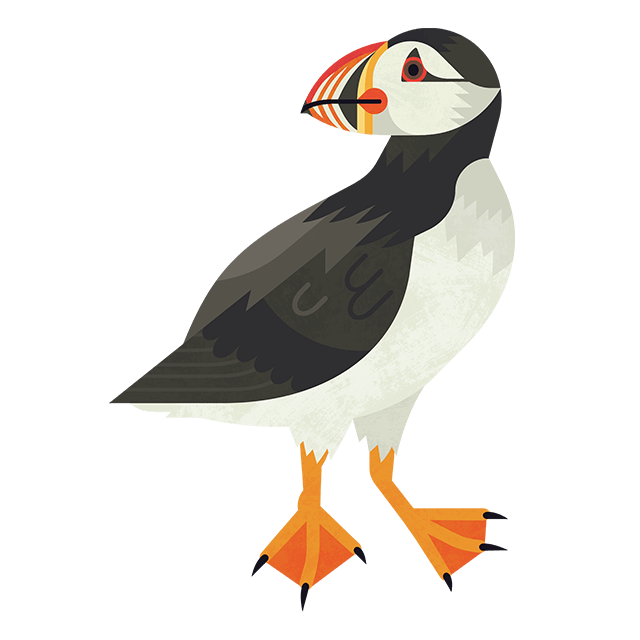
Cubs
3 minute read
Explore our ocean with action-packed resources for Cubs. Our fun activities and games help your Cubs develop problem-solving skills while learning more about our seas.
Resources overview
The packs will also support your Cubs in completing Activity Badges and Challenge Awards, including the Animal Carer Activity Badge.
Naturalist Activity Badge
If visiting a seashore for Requirement 2, our Seashore safari guide and Seashore code will be useful, and our Rockpool spotter sheet will help you observe wildlife in any rockpools.
It’s likely that you'll encounter litter when exploring the seashore. You could use our Seashore eyesore activity to take action to tackle the sources of the litter. Visit our beach clean pages to find out how your pack could take part in a beach clean.

Environmental Conservation Activity Badge
If you are planning an anti-litter campaign for Requirement 4, our Action for the ocean activity will help you understand that no matter where you live, stopping litter at source can help save our seas. Our Marine litter fact file gives some useful background information that you could use in the campaign.
You could record the litter you find on our data form and upload it to the national Source to Sea database. The data collected will form part of the evidence base we use to help us campaign for change. For example, we’ve used data collected in previous years to make the case for the 5p carrier bag charges across the UK.

Credit: Jon Tyson
Animal Carer Activity Badge
For Requirement 2d, you could use our Threats to ocean life activity which uses fun games to introduce your pack to the dangers that threaten marine wildlife. Play a Top-Trumps-style game to find out about some of the UK’s endangered marine life and explore the threats to them. The activity also includes games that can be used to introduce the concepts of overfishing and marine litter pollution.
Cubs who would like to find out more about issues faced by marine life could use our Ocean Threats image reel to kick off their research.

Credit: Peter Richardson
Global Issues Activity Badge
Bathroom waste is the least recycled in the UK.
As part of Requirement 2, you could audit the products everyone uses in the bathroom to consider how to recycle more and aim for a zero waste bathroom.
For Requirement 3, you could take part in World Ocean Day, a UN day held every year in June to recognise Sustainable Development Goal 14, ‘Conserve and sustainably use the oceans, seas and marine resources’. To mark the event you could organise a Big Blue Day of ocean-themed activities and fundraise for us by holding an event, selling items or taking on a challenge. Try to make any event you run ocean friendly by going plastic free.

Credit: Image by Anna Oliinyk from Unsplash
Our World Challenge Award
There are lots of ways you could take part in an environmental project (Requirement 6) that will help protect the future of the ocean.






